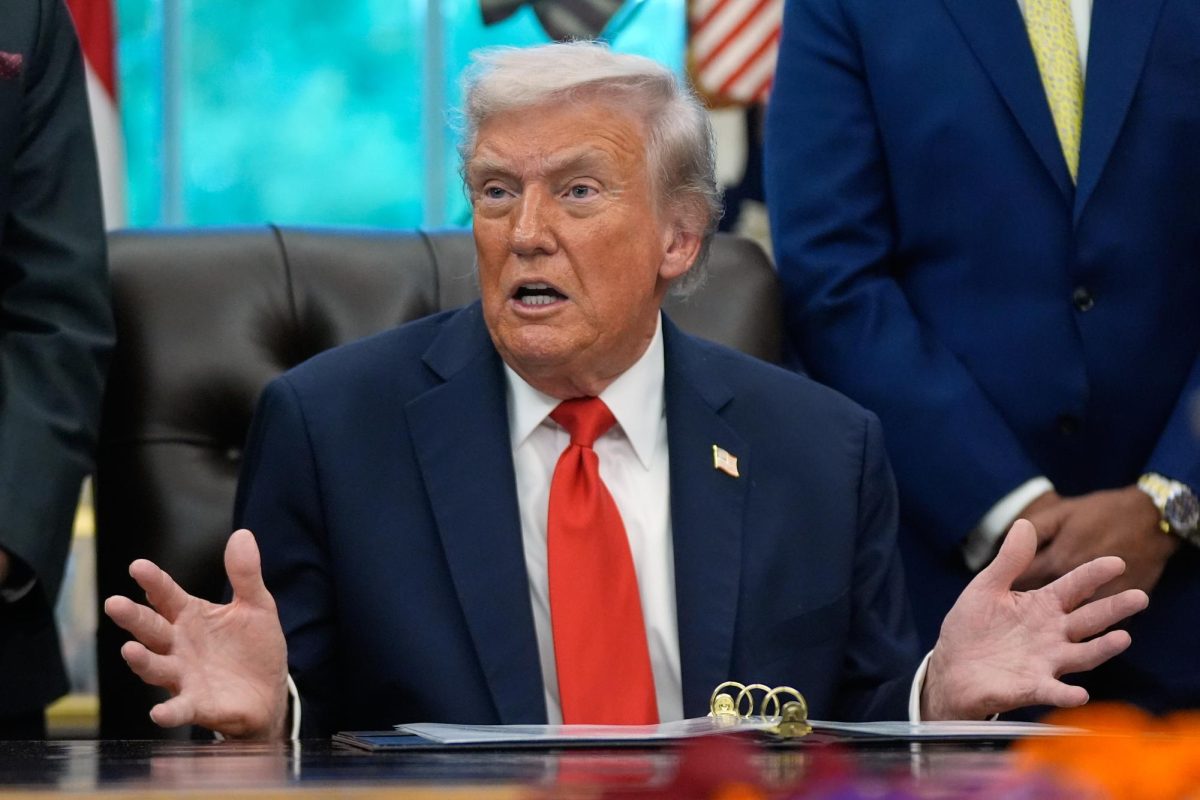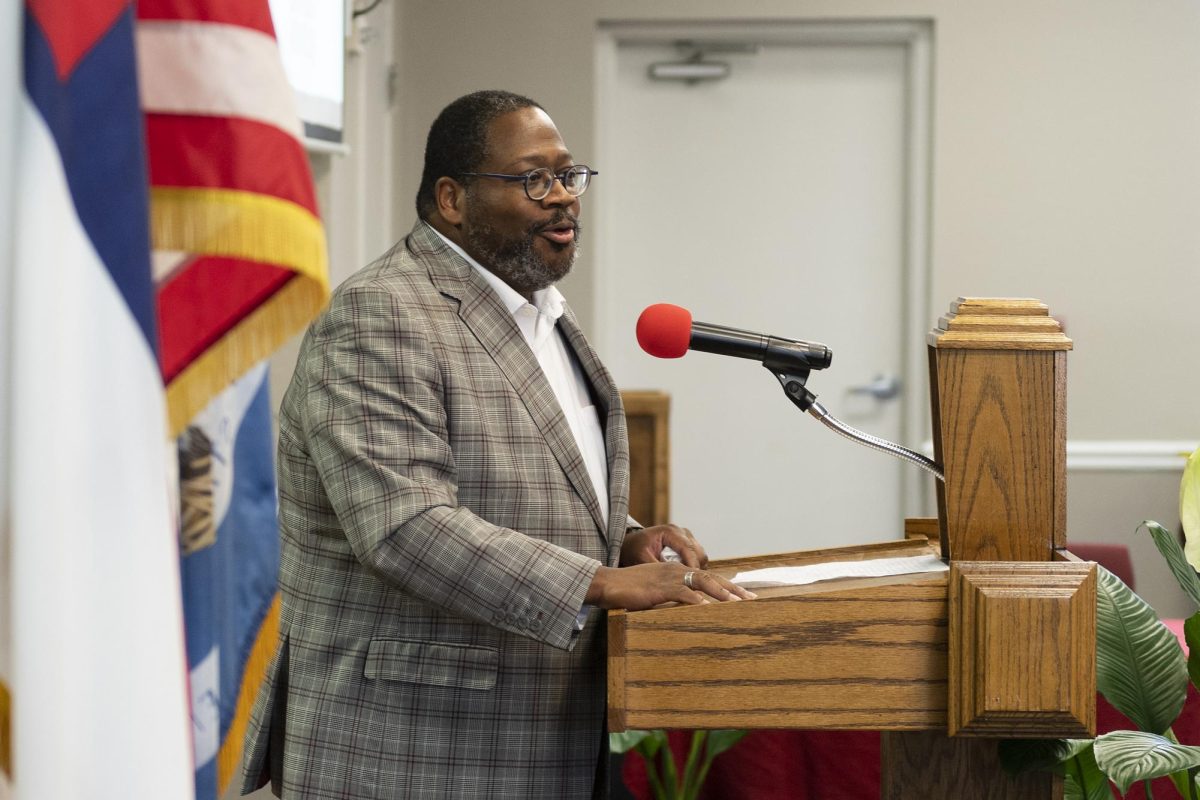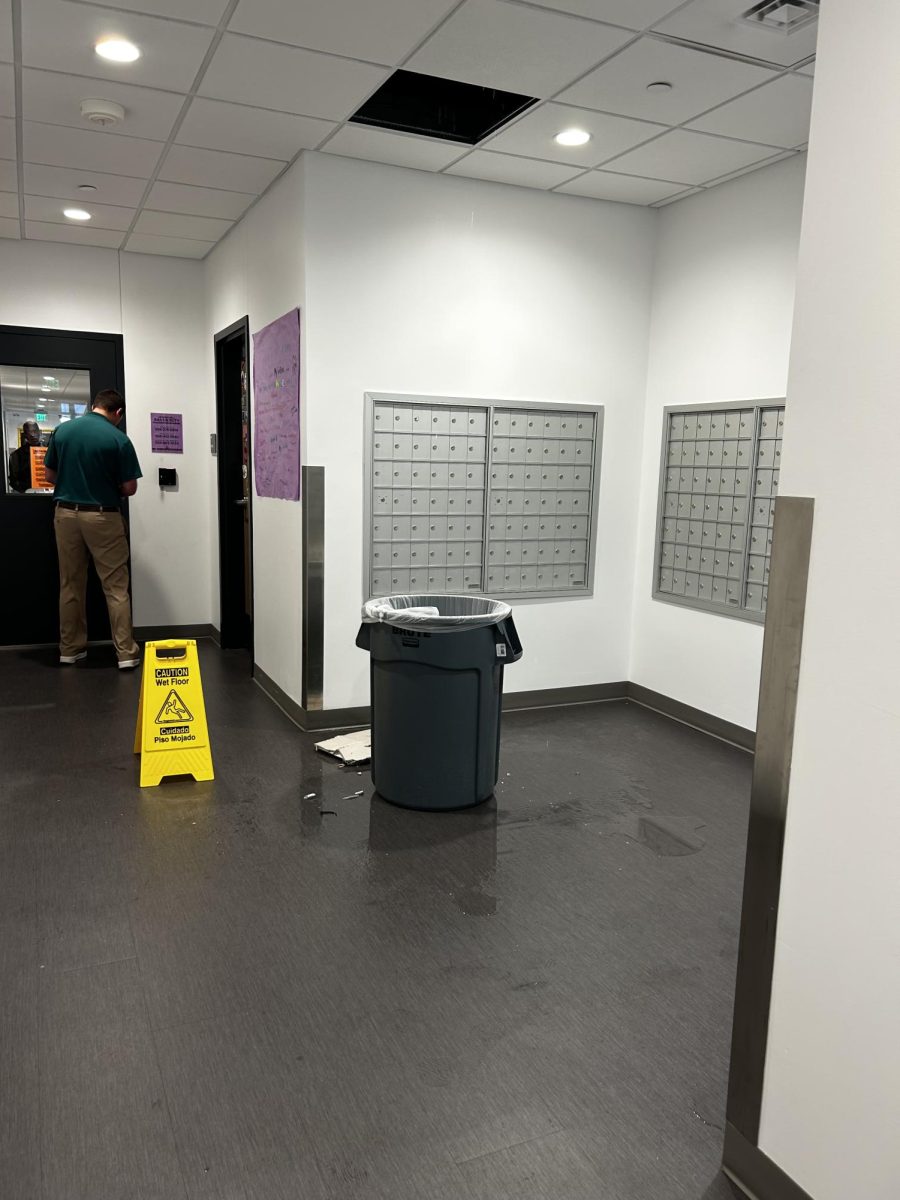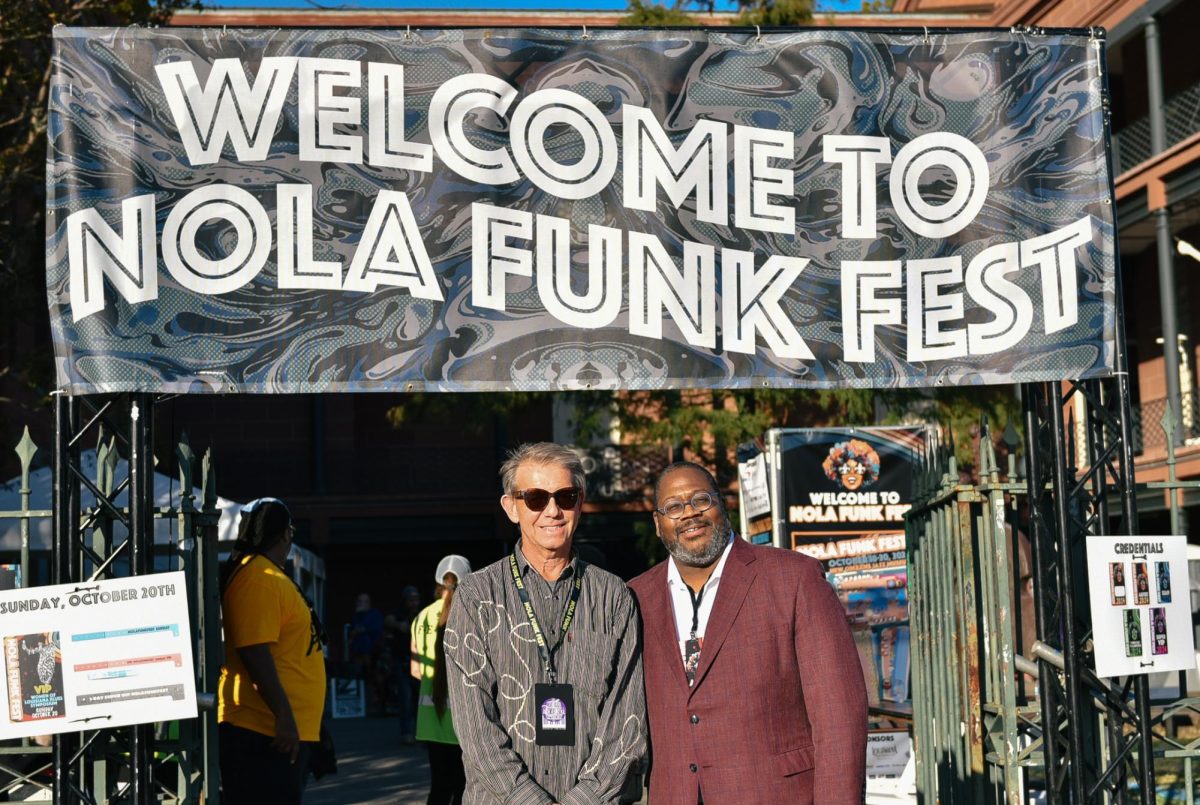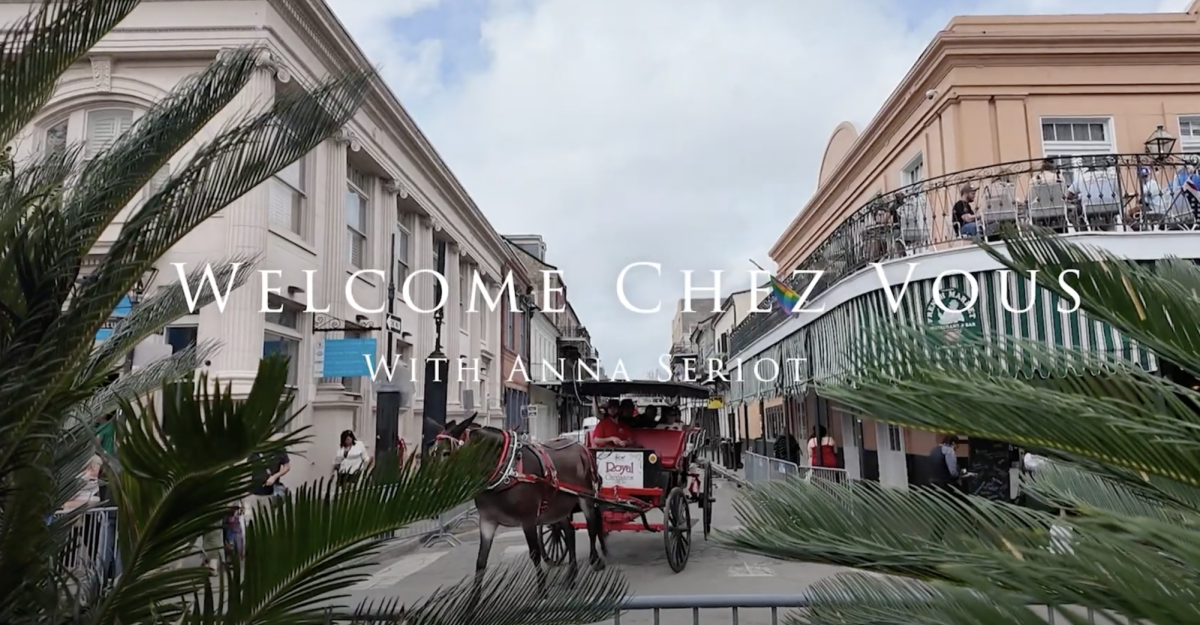Generally, Americans view the president as not only a representation of the political climate but also as the foundation of how the political climate is interpreted within America, specifically through the way the president communicates with the public.
This emphasis on the president’s power is fairly common, as, according to the Pew Research Center, 76% of Americans believe the president makes a big difference in regard to the mood of the country. 78% of Americans believe that the president makes a big difference in America’s standing in the world.
Although accessible communication can be used as a tool for the exchange and advocation of information, the sheer volume of information can cause both the devaluing of credible information as well as the magnification of false information.
When looking at how Americans perceive information, social media is becoming increasingly important in regard to perception of the political climate as well as through the sources that influence this perception.
Sean Cain, a professor at Loyola with an expertise in politics, draws attention to the recent influx of information, specifically through social media.
“It’s overrated as a tool for political change, because the information that people receive from it is just too much. So much of it is not credible,” Cain said.
He also categorizes the way Americans deal with the overwhelming stream of information into two ideologies.
“One is to just take it as noise and dismiss it. The other is to think of it as an attempt at serious policy change and institutional change,” he said.
Being unable to differentiate between the noise and misinformation of the media and the facts of what are and aren’t legitimate policies has become harder considering it’s been the president communicating both sides of information.
In the case of the current President Donald Trump his rise to power within America’s political climate has been based on the misleading of citizens regarding what the national policies actually are due to the incessant flow of “information.”
Trump is most active in communicating with Americans, particularly through the social media platforms X and Truth Social, on which he posts multiple times a day. The problem is what he’s posting and what it does to the American perception of different political matters due to both its inaccuracy and sometimes accuracy. Regardless of how credible the information is, it doesn’t change the fact that the president’s communication is prevalent in the way Americans see the state of the country.
For example, tweets made by Donald Trump following the 2020 election “hoax”, as stated by him, were flagged for misinformation. Despite this attempt at accountability Trump’s social media presence outweighed the facts. As a result, supporters maintained their view, eventually sparking the incitement of the insurrection on Jan. 6, 2021. The United States Capitol was stormed, changing the political climate within America drastically.
Another shift in the political climate has come about more recently as a result of Donald Trump’s presence when faced with the topic of immigration. This shift in the climate caused unease around the topic, considering the high hispanic population within America as well as Loyola.
“Even though there are policy changes that have been made that affect our students who are immigrants, or families who are immigrants, the roundup and deportation of immigrants with both legal and illegal status is something we haven’t seen in decades, and it affects our students who come from immigrant backgrounds or immigrant families. So there is heightened apprehension and anxiety,” said Cain.“Aside from certain instances in big cities like L.A. and San Francisco, they’re meant to be communications to present a front of power and change, when in fact the change is minimal or there isn’t necessarily money to sustain the immigration policy changes. So it’s a climate of apprehension, but also of uncertainty.”
The front of a false power has caused conflicting feelings not only across the country but also around campus, as students have felt the impact of Donald Trump’s incessant communication on other young adults and college students.
Age plays a huge role in how people form their opinions as a whole. Evan Zucker, a psychology professor at Loyola, noted this shared view among college students as a common occurrence of, “conformity – the tendency to go along with a group because (a) we don’t have the information to form our own opinions, beliefs, and attitudes, or (b) we want to be liked, thus going along with the group (or the majority).”
Nika Nodjoumi, a student at Loyola, has seen the effects of this.
“I personally think the president influenced young people because this whole make America great again thing has become a brand at this point… they wear the MAGA hats like a whole trend now on social media,” Nodjoumi said.
“Remember when he got shot and everyone wore the ear? He has a big influence over a big amount of people who just brainlessly, mindlessly, follow him and those people we go to school with, we interact with, on a daily basis,” Willa Curmp, another student who has observed the president’s sphere of influence, said.
It has become apparent social media has propelled the ideas of the president, especially among younger people. The majority of the information being illegitimate such as the strand of tweets following Trump’s loss of the 2020 election, which were flagged for misinformation.
“There was a large number of secretly dumped ballots as has been widely reported!” Trump said in a tweet on Nov. 4, 2020.
“All of the recent Biden claimed States will be legally challenged by us for Voter Fraud and State Election Fraud. Plenty of proof – just check out the Media. WE WILL WIN! America First!” said Trump on Nov. 5, 2020.
“STOP THE FRAUD,” Trump said.
There were hundreds of other tweets that followed the election, all being flagged for misinformation, leading to the permanent ban of Trump’s twitter account along with his encouragement of the Jan. 6 insurrection.
“These are the things and events that happen when a sacred landslide election victory is so unceremoniously & viciously stripped away from great patriots who have been badly & unfairly treated for so long. Go home with love & in peace. Remember this day forever!” said Trump on the night of the January 6th insurrection, hours after it happened.
Trump kept this style of communication going into his second term, but on a different platform, Truth Social. The platform allowed for more freedom in the way he expressed himself, including AI generated videos of Trump mocking the No Kings protests by dumping fecal matter onto the protestors out of a jet, “Cats for Trump,” Obama being detained by the FBI, etc., all void of the fact checkers that banned him in the first place.
Across all platforms Trump has evoked emotions through his social media use nationwide. Whatever the emotion may be it seems Trump’s voice garners attention over thousands of tweets. Overwhelming the media with “… an average of 18 times a day…” during his first term, according to a CNN article, Donald Trump’s presidency by the number. The effect of his mass tweeting created a, “…media echo chamber, muddying the political discourse and compounding a broader erosion of trust in institutions themselves,” as stated in the New York Times article.
This proves to be a problem as “diffusion of responsibility” is prevalent when it comes to political disempowerment according to Zucker.
Zucker defines this as “helping behavior.”
“With politics, we might not feel qualified to make an intelligent decision (voting) or take some kind of action, such as contacting our representatives—we tell ourselves that others are likely doing it already,” he said.
Deferring from conformity and the diffusion of responsibility could ultimately lead to the change many people want to take place within the country. More importantly Americans need to nationalize the issue and find the change on a larger scale than just the president, according to Cain.
“The things that I think need to happen is that Americans need to look at our political system and go to the root of its problems, and the root of its problems lies in the power that people in Washington have, not just the presidency, but also in congress,” said Cain.
The empowerment of more people, especially younger generations, is necessary to advocate for change even with the certain doubts of conformity or concern over the political climate on a national level, according to Cain.
“I think community engagement really needs to start thinking about how we can re-empower Americans to think that the government is theirs, that they don’t have to be alienated, and that if they think the government is corrupt or that it’s incapable of solving problems, that they themselves are the solution,” Cain said.


